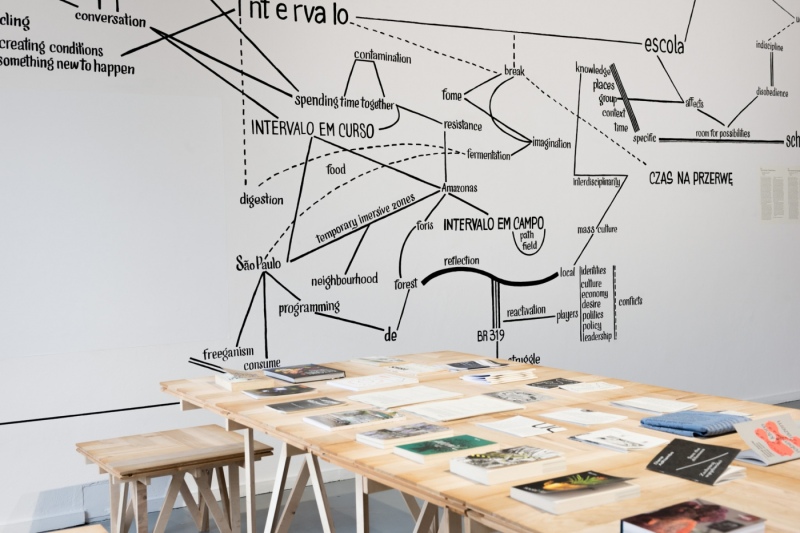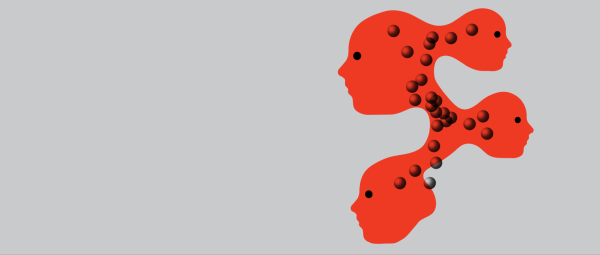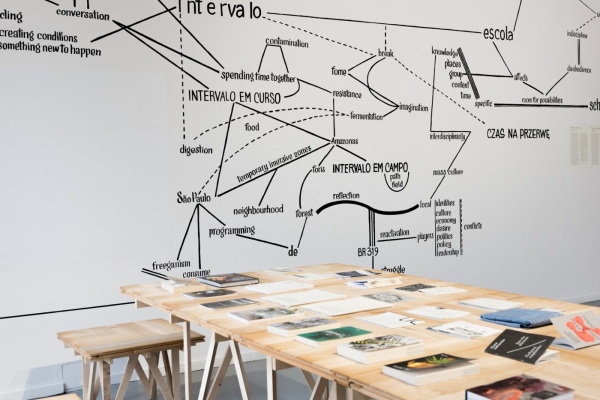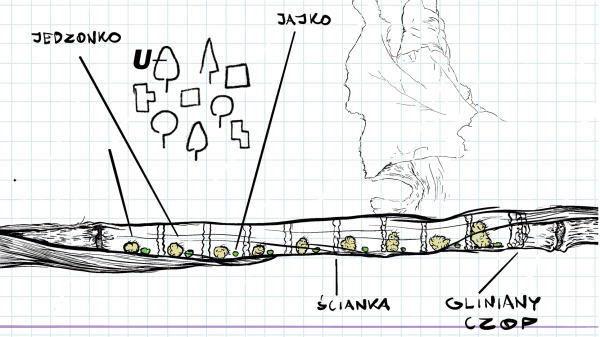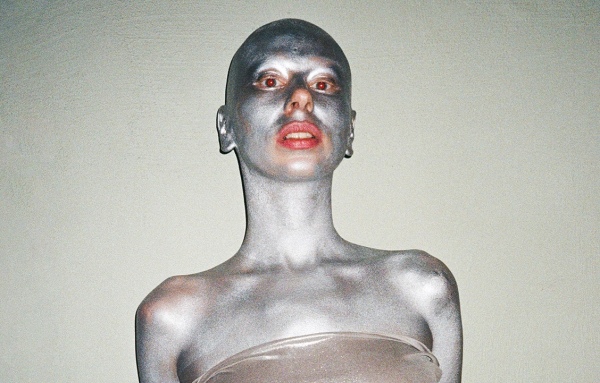Education. Grassroots resistance strategies
Discursive programme to accompany Gotong Royong. Things We Do Together
-
In 1970, a breakthrough and radical book appeared – Pedagogy of the Oppressed, written by Paulo Freire. This Brazilian representative of emancipatory pedagogy gave in his book an interpretation of a strategy of how education can become a tool of liberation. The time while Freire was working on his theses, standing up in opposition to the official education system and asserting, that it was exactly thanks to critical teaching that one could break through all the oppressive forms of politics and control was considered a threat to state order.
-
We now know many examples of grassroots emancipatory pedagogy that have contributed to changes in the critical perception of reality—the Subaltern Studies movement originated in India by, among others, Gayatri Spivak. However, the oncoming global social and political changes, together with the activity of isolationism and xenophobia, provoke a return to actions akin to emancipatory pedagogy. Education can be an active tool of resistance, regardless of geographic location.
-
- The Jan Józef Lipski Common University in Teremiski, Obóz dla Puszczy [Camp for Forest], or Intervalo-Escola are just some examples of how learning by perceiving political, social, and economic contradictions can look as well as how skillful reading of these contradictions can act against the oppressive elements of reality. Following Paulo Freire’s research, the actual methods of breaking the system of so called bank education are rooted in spirit of emancipatory pedagogy, which is the transfer of assets from an assumedly wise teacher/authority to a student’s – assumedly blank, but ready to remember and replay – head. Time to return to critical thinking through education, activism, and sensitization.
- Participants
-
Tainá Azeredo
-
Joanna Pawluśkiewicz
-
Katarzyna Winiarska
-
The discursive programme supplementing the Gotong Royong. Things We Do Together exhibition intends to add to what we learned from the exhibition itself. Recent changes in the social, political and economic climate—including economic crises, political-religious extremism, the questioning of climate changes, populist and nationalist trends, the crisis in education and the gradual breakdown of community ties—seem to be universal. The Gotong Royong. Things We Do Together exhibition offers projects, actions and grassroots solutions by using artistic-educational activism to defy these negative indicators. We would like this discursive programme to put the exhibition in a broader context. The programme’s meetings will differ both in format and in their way of presenting knowledge. The meetings will involve artists and activists who are taking part in the exhibition, as well as analysts of culture and of connections between politics and economics. We believe that it is important to investigate concrete issues. In these meetings, we will think about what acting together means, why nationalist tendencies are picking up and what role an unconventional perspective can play in transforming education.
- Curators of discursive programme
- Marianna Dobkowska
- Konrad Schiller
